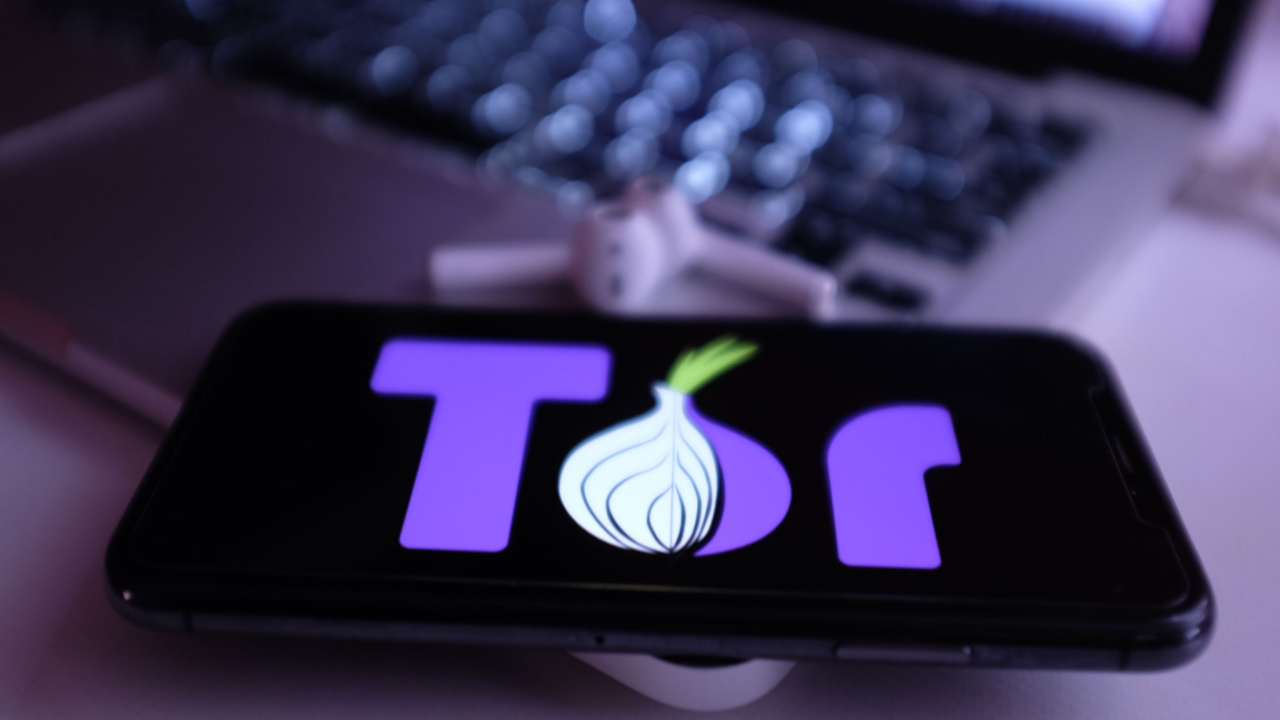
FTX EU was only approved by the Cyprus regulator in March, 2022, about seven months before FTX collapsed in November.
The European arm of FTX, FTX EU has launched a website to allow European customers to submit withdrawal requests.
It comes nearly five months after the global trading platform collapsed and went bankrupt in early November.
The new website domain name — https://ftxeurope.eu/ — was reportedly approved by the Cyprus Securities and Exchange Commission according to a report in Finance Magnates.

The new domain will not offer any products or services other than to pay back impacted customers, the report said, referencing an email received by FTX Europe.
"Please be informed that our new domain, www.ftxeurope.eu, has been approved by our regulator CySEC as you have well identified. The website will only be used for all FTX EU LTD clients to be able to claim their FIAT balances. There will be no services or products offered via this website."
While FTX EU was made available to users in the Europe Economic Area and Middle East, it is not clear how many users were impacted.
FTX EU only became available in March 2022 and the global enterprise collapsed in November, so numbers are not expected to be large.
FTX EU, a solvent entity, is now paying out its customers on https://t.co/MEw8Oz8vTk.
— FTX 2.0pium (FTX Creditor) (@AFTXcreditor) March 30, 2023
Note: Almost none of FTX's EU citizens are FTX EU users, because for some reason, FTX EU only onboarded customers registered from March 2022. pic.twitter.com/gu56Vysvlc
FTX Japan is another subsidiary that has already made amends to impacted customers. In late February, it allowed a total withdrawal of funds, which amounted to about $50 million.
Related: FTX customers want more info on FTX’s plans to sell subsidiaries
The Cyprus regulator requested FTX EU to suspend its operations on Nov 9, shortly before FTX Group and its 130 affiliated companies (including FTX EU) officially filed for bankruptcy on Nov 11.
FTX Europe was headquartered in Switzerland for the relatively short duration that it operated.
Magazine: Can you trust crypto exchanges after the collapse of FTX?











